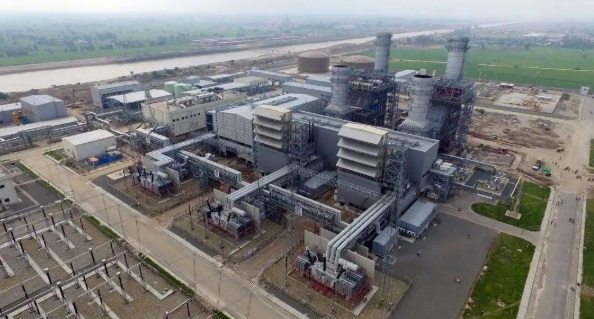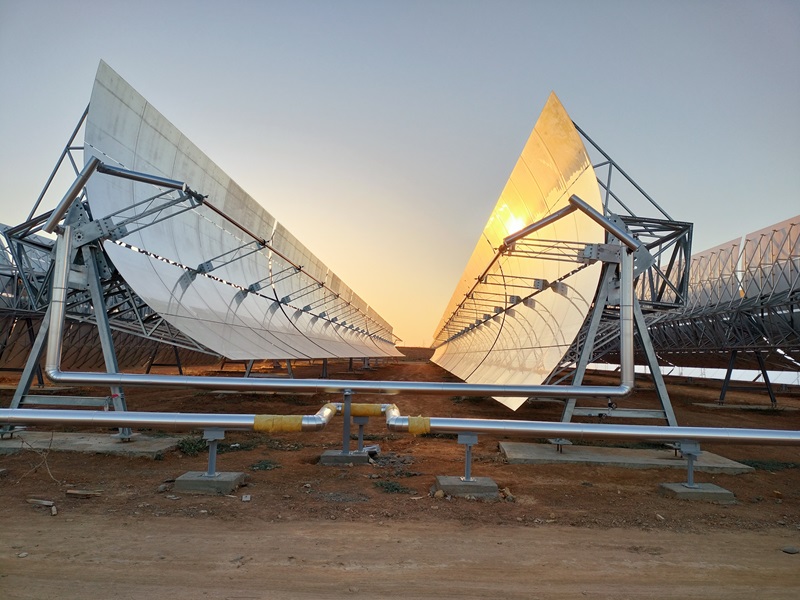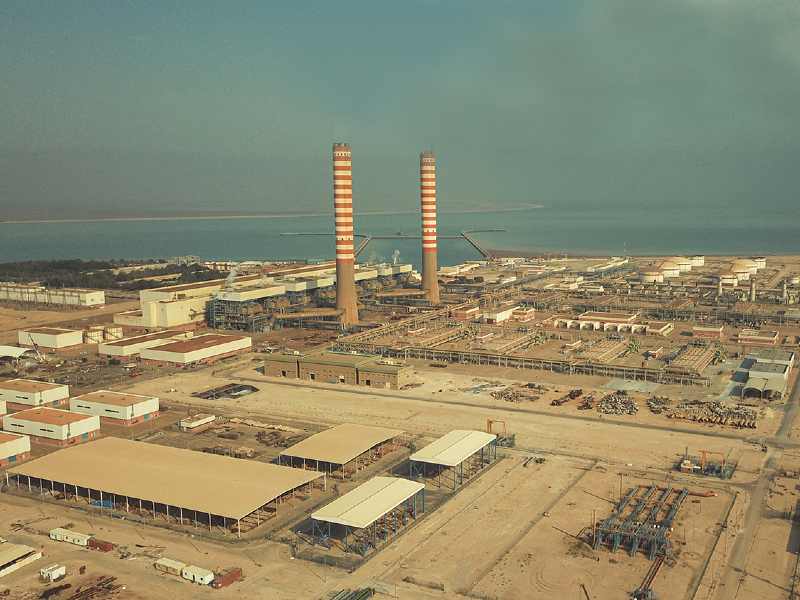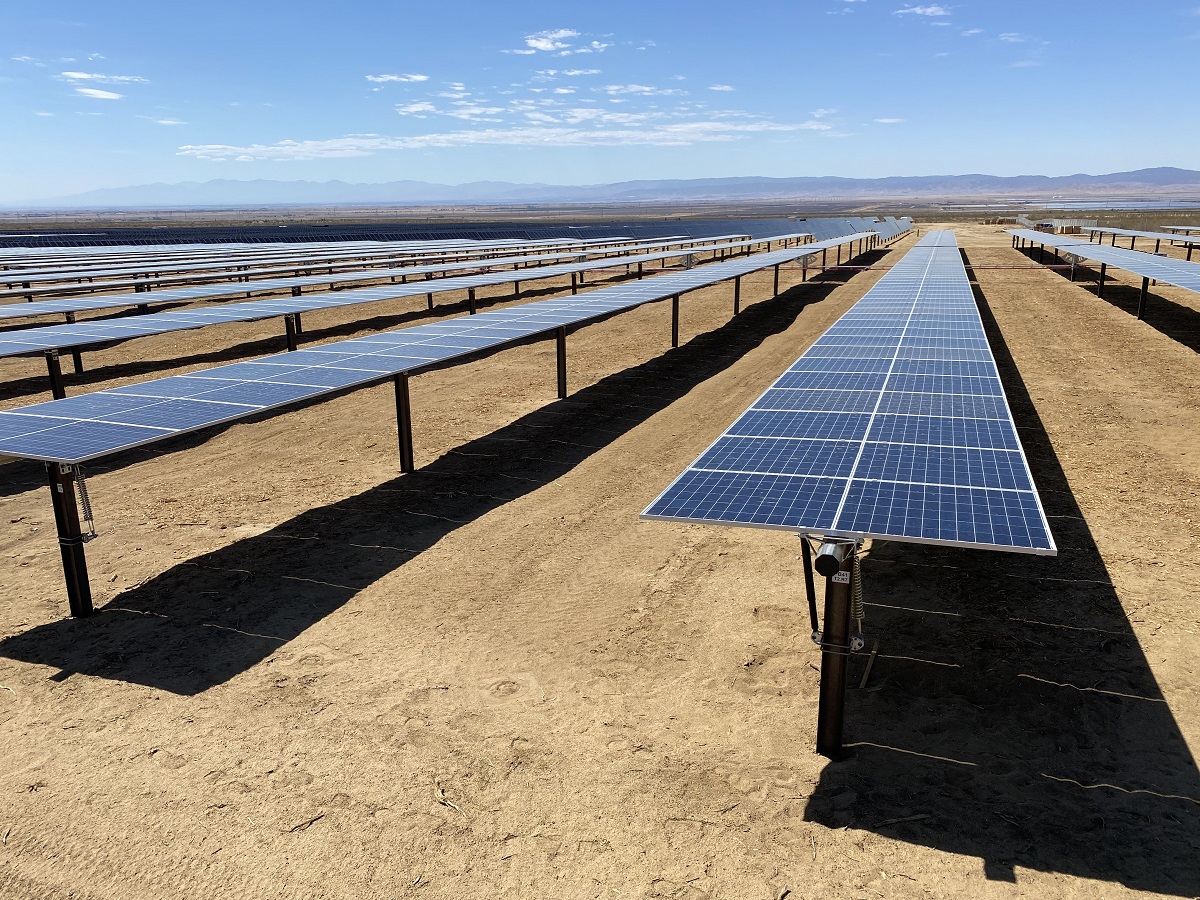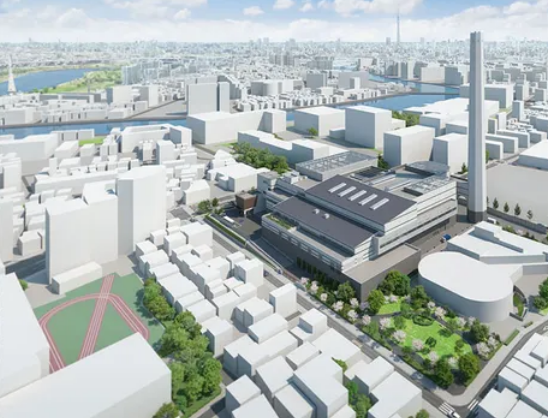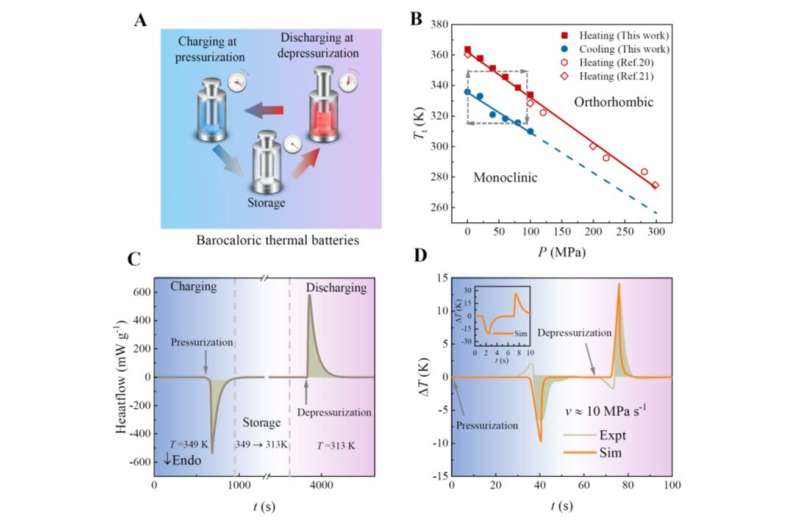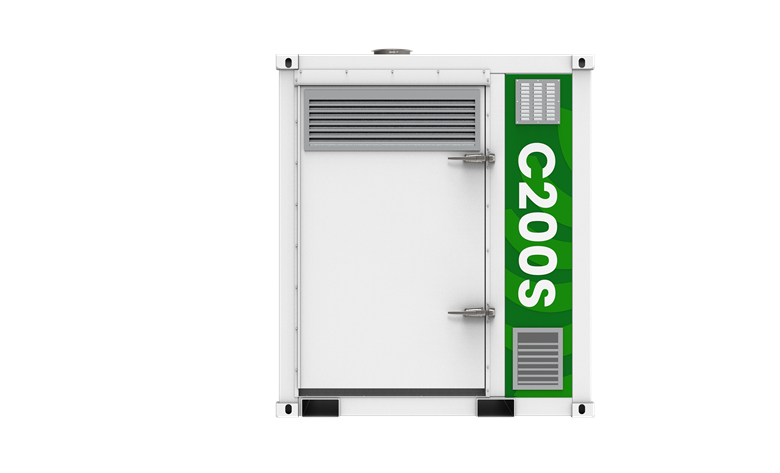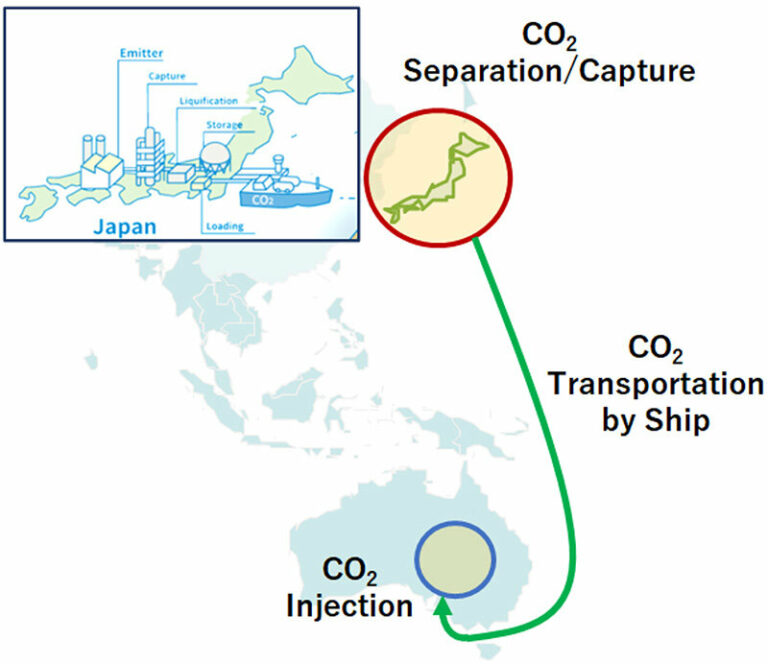
As explained, the MoU focuses on the establishment of a CCS value chain by capturing CO2 emitted from ENEOS refinery and nearby various industries in Japan, transporting it by CO2 carrier to the Port of Bonython in Australia, and injecting and storing it at the selected storage site.
MOL and JX will jointly conduct the following studies:
To select a liquefied CO2 carrier suitable for conditions at ports in Japan and Australia and the expected CO2 transport distance and volume, and estimation of marine transport costs;
To estimate the cost of the entire CCS value chain between Japan and Australia;
MOL will focus mainly on the first, while JX’s role will center on the second goal.
Through the MoU, MOL and JX plan to accelerate their initiatives to build a CCS value chain and contribute to the realization of a carbon-neutral society.
CCS is a technology that separates and captures CO2 emitted from industrial activities and stores it in a stable underground geological formation.
It represents an effective means to realize a carbon neutral society, and is attracting attention as a realistic approach to promote decarbonization, especially in industrial sectors where the transition to renewable energy is difficult.
In October last year, MOL joined forces with compatriot company Cosmo Oil to study ocean transport, with the goal of establishing a carbon dioxide capture and storage value chain, consisting of separation, capture, transport, injection and storage of CO₂ emitted from Cosmo Oil’s refineries (emission sources).
More recently, the Japanese shipowner signed a service agreement with Kansai Electric Power Co. (KEPCO) to conduct feasibility research on the design of a liquefied CO2 carrier for CCS value chain. These agreements are part of MOL’s Blue Action 2035 management plan to expand low-carbon/decarbonized business.
